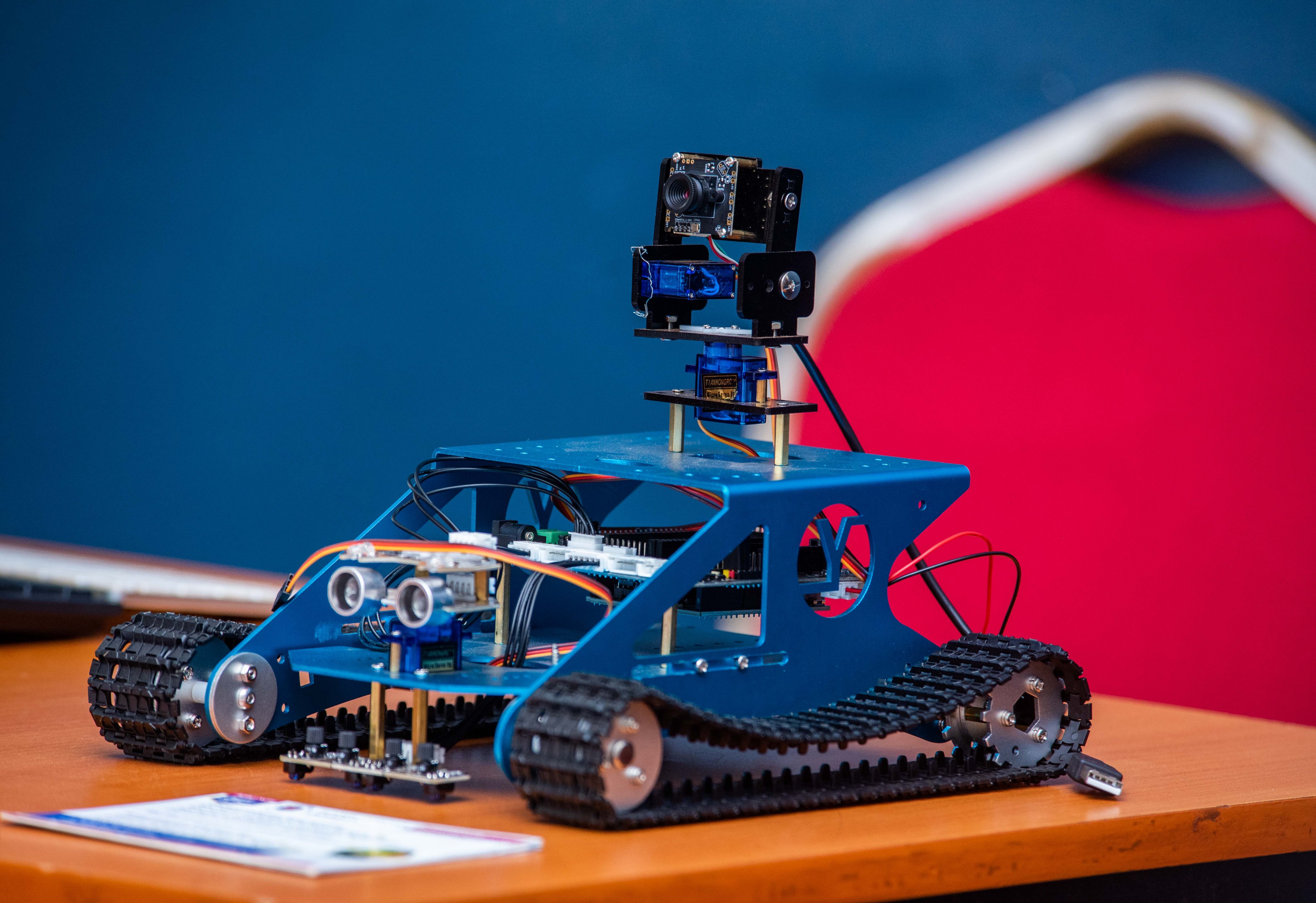By Jimmy Siyasa
Introduction
Many post-graduate students at Uganda Christian University (UCU) face the challenge of writing a research paper in English, which is not their first language. To help these students, UCU’s Directorate of Postgraduate Studies has initiated a program called the Centre for Research and Academic Writing Services (CRAWs). CRAWs offers online instruction on the various parts of a dissertation and thesis, led by a team of subject matter experts from UCU’s 11 school and faculty areas. The program is designed to introduce students to critical research and writing skills required to complete a research degree, diploma, publishable articles, and other academic reports.

Learning outcomes and Assessment
Learning outcomes of the program include identifying features of theoretical paradigms, undertaking a literature review, applying approaches to writing first drafts, editing and proofreading, identifying and responding to publication opportunities, and applying time management strategies. Participants who attend at least 75% of the training and complete an assessment requirement receive a certificate. The program is available without charge to all enrolled UCU post-graduate students.
The CRAWs module was launched in May of 2021 and has already had two successful iterations. The first module had 200 students enrolled, with 50 receiving certificates. The biggest challenge expressed by students was how to do problem statements and how to engage methodology. The second module was held in September and October 2022, covering topics such as theory, methodology, questions, objectives, and literature review. The program hopes to incorporate virtual coaching in the future.
DPS overall objective
All members of the DPS staff have advanced degrees and expertise in social science, development studies, and business. The program aims not just to help students finish their degrees but also to sharpen their skills to be used elsewhere and yield quality papers worthy of being published and used by other researchers. The analytical skills learned through the program are valuable in multiple careers.
The program’s organizers are dedicated to serving the students and believe in the importance of research and its ability to change the world. The program’s success has already helped many post-graduate students at UCU overcome language barriers and achieve their academic goals.








You must be logged in to post a comment.